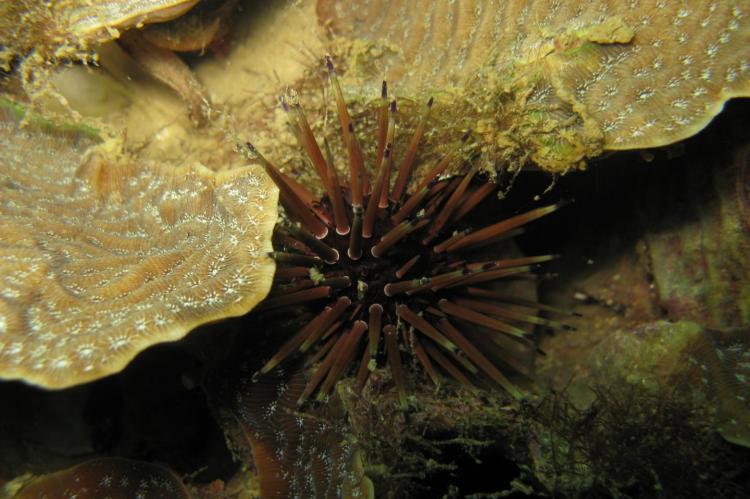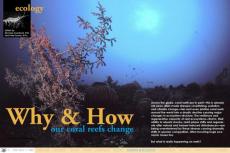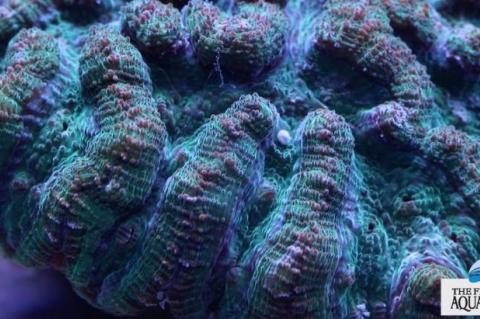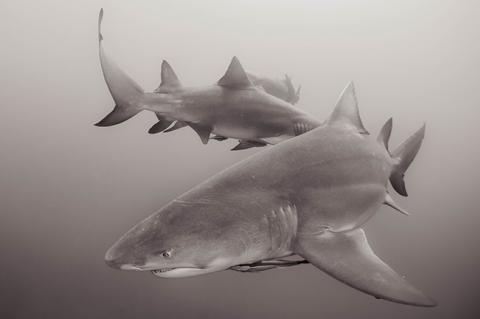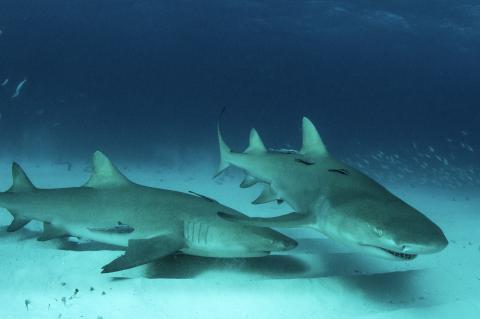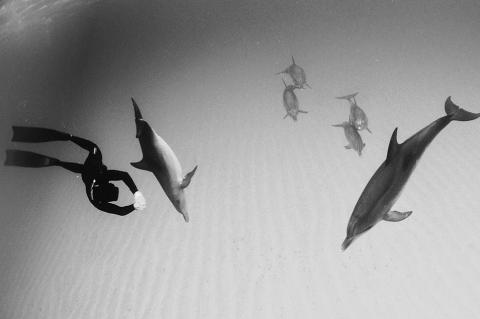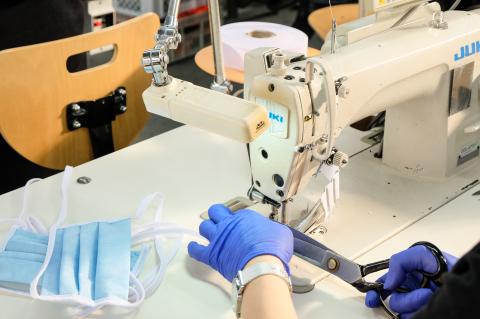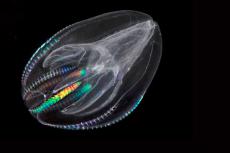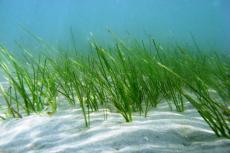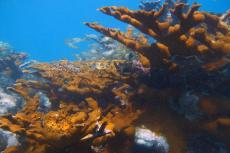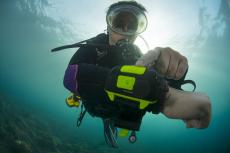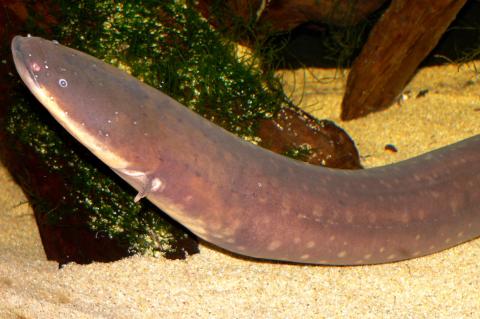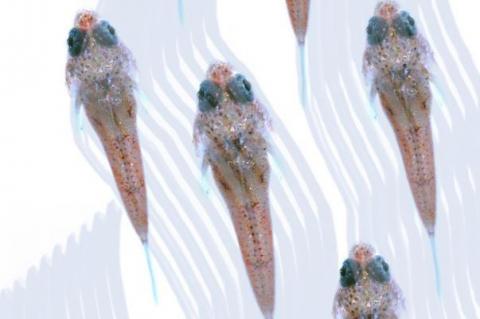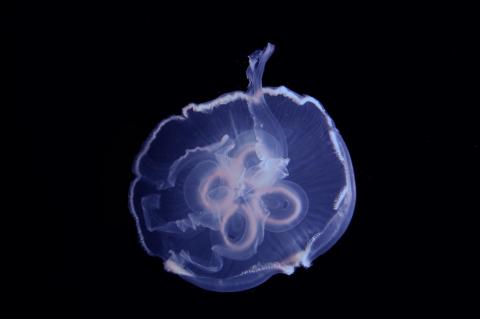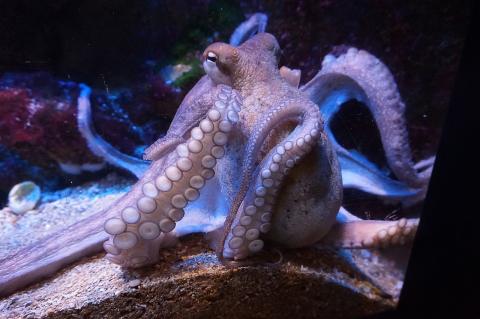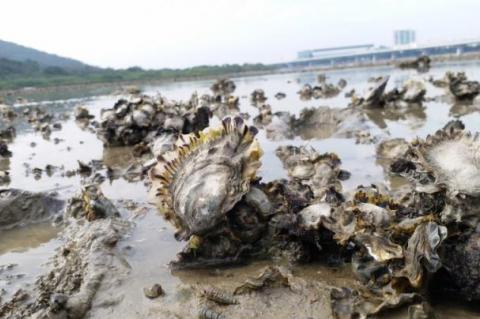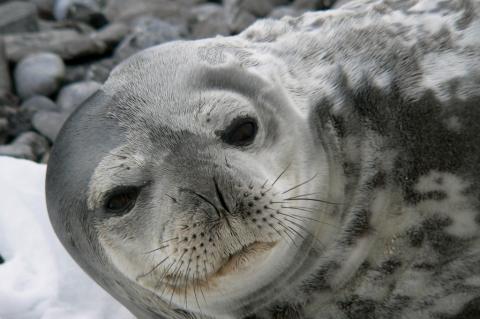Could tiny sea urchins rescue Caribbean reefs?
Small algae-grazing sea urchins and fish may take the place of larger grazers to prevent algae from overgrowing reefs.
In our article, "Why and how our coral reefs change" (link) published in X-Ray Mag #17, we described how "phase shifts" could fundamentally alter the structure and species composition of a reef ecosystem
In a healthy reef ecosystem, herbivores keep algae at bay and prevent them from overgrowing and eventually taking over from coral. Grazers remove seaweed, reducing coral overgrowth and shading by macro-algae. Scrapers directly remove algae and sediment by close cropping, facilitating settlement, growth and survival of coralline algae and corals.
Urchins wiped out
Thirty years ago, a mysterious disease wiped out long-spined black sea urchins across the Caribbean. Subsequently deprived of this large species of grazer, algae grew unchecked, especially on reefs where overfishing had eliminated large parrotfish, leading to massive algal overgrowth that smothered already overfished coral reefs.
Now, marine biologists at the Smithsonian Tropical Research Institute (STRI) report that smaller sea urchins and parrotfish may be taking the place of the large sea urchins, restoring the balance on degraded reefs.
Small by many
The scientists went to explore a large area of the sea floor in Bocas del Toro, Panama, where corals had died but, surprisingly, algae had not taken over. The most common algal grazers they found were a small sea urchin about the size of a ping pong ball, Echinometra viridis, and a tiny finger-sized striped parrot fish, Scarus iseri, which would be of no interest to fishermen. They propose that these tiny organisms may be able to preempt shifts from coral to algae on degraded coral reefs. They may be small, but there are a lot of them; small grazers comprise up to 95 percent of the biomass of all grazing organisms on the reefs in the study. Their combined weight is roughly equal to that of a smaller number of bigger herbivores on healthier reefs.
Based on their observations in Bocas del Toro, the researchers are more hopeful, suggesting that management and monitoring strategies aimed at preventing phase-shifts from coral to algae on reefs should broaden to include the role and importance of diminutive species of herbivores


